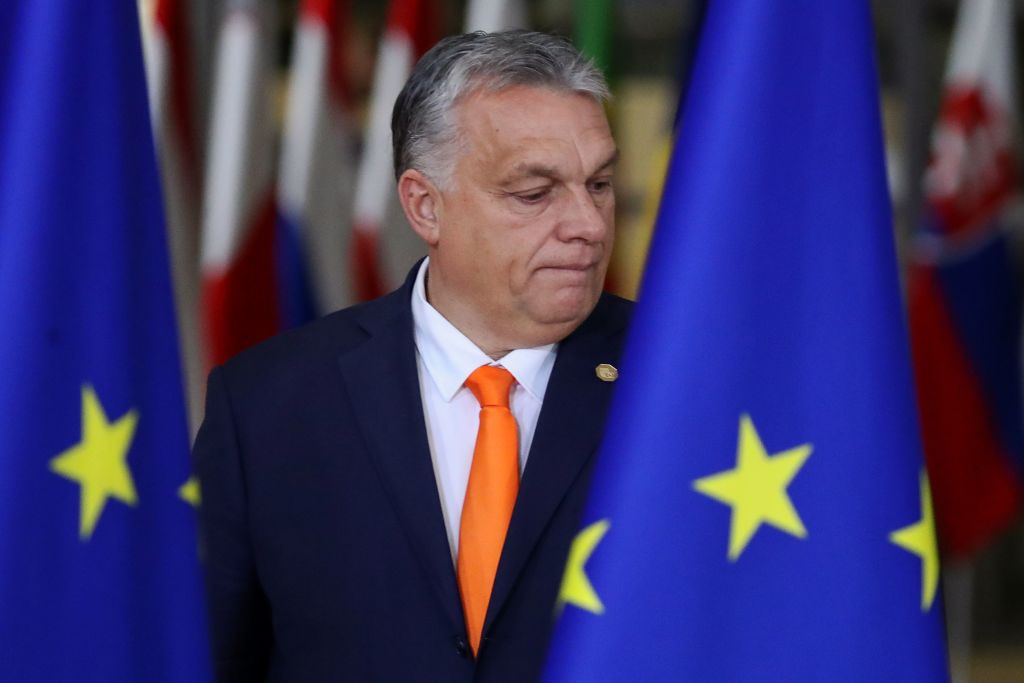‘Times have changed, and whereas thirty years ago we believed Europe was our future, today we understand that we are Europe’s future’.
Hungarian prime minister Viktor Orbán has never been one to shy away from controversy when it comes to the European Union. But on Hungarian Independence Day on Monday, he went a step further by presenting an alternative vision for the bloc.
Orbán’s plan involves a major restructuring of the European parliament, which he described as a ‘dead-end’ for democracy. He wants to fix the EU’s democratic deficit by building a ‘democracy of democracies based on European nations’.
In practice, this would mean a reformed European parliament consisting of delegates from national parliaments, replacing the direct election of MEPs. Boosting the representation of national democratic bodies would, in Orbán’s view, safeguard member states’ sovereignty; under his proposal, national lawmakers would have the ability to block EU legislation violating national spheres of authority.
Concerns about the European parliament’s increasingly cavalier attitude towards sovereignty are not limited to these two rebel states
Orbán also questioned the democratic legitimacy of European parliamentary elections, arguing that, given the diversity of European societies, the only elections with true democratic legitimacy are national ones involving a culturally and socially unified ‘demos’.

Britain’s best politics newsletters
You get two free articles each week when you sign up to The Spectator’s emails.
Already a subscriber? Log in







Comments
Join the debate for just £1 a month
Be part of the conversation with other Spectator readers by getting your first three months for £3.
UNLOCK ACCESS Just £1 a monthAlready a subscriber? Log in